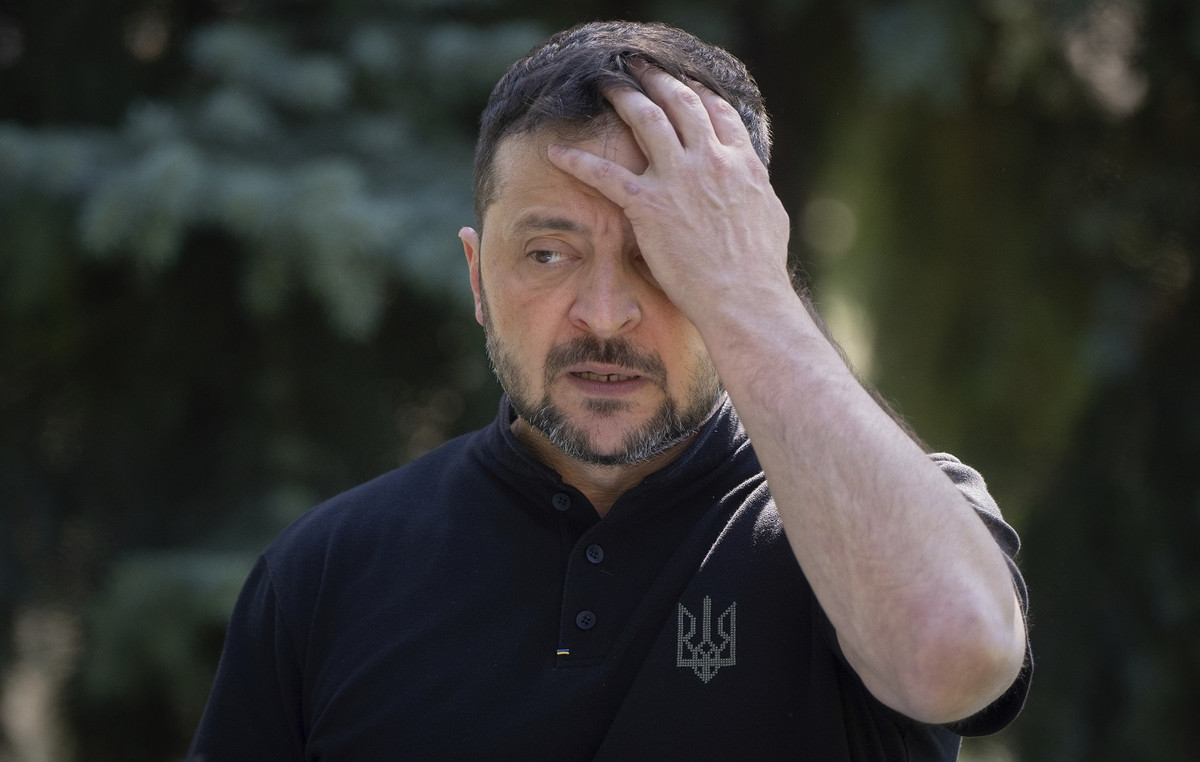New information about them ancient Greeks and the way they fought their Carthaginian enemies in Sicily is published by an American-Italian scientific study that made geochemical analyzes of skeletons found in tombs about 2,500 years old.
According to the findings of experts, the ancient Greeks relied heavily on the help of non-Greek mercenaries to fight their Carthaginian enemies.
The Sicilian Wars of Syracuse and other Greek cities of Sicily against the Carthaginians (who marched mainly from the region of present-day Tunisia) were recorded by Herodotus, Diodorus of Sicily and other writers. At times, concerns had been expressed as to whether Herodotus, as a Greek, tended to present those battles quite objectively.
For example, according to Herodotus, in the first battle of Imera (which was a Greek colony) in 480 BC. It is reported that the local Greeks received help from other Greek allies and defeated the Carthaginians.. But in the second battle in 409 BC. the locals were left without Greek help from outside and Imera fell into the hands of the Carthaginians.
The recent discovery in Sicily of eight mass graves related to the battles of Imera has allowed scientists to investigate whether Herodotus’ account is completely reliable.. Researchers from the United States and Italy, led by Dr. Kathryn Reinberger of the Department of Anthropology at the American University of Georgia, published in the journal PLoS One, analyzed strontium and oxygen isotopes in the teeth of 62 drawing conclusions as to whether the casualties in the battles were local or not (the chemical “profile” of the teeth varies depending on a person’s country of origin).

The analysis as broadcast by the Athens News Agency revealed that part of the historical narrative is correct, as there were indeed two battles in Imera, about two thirds of Imera’s forces in the first battle were not locals (while in the second battle only a quarter did not were locals) and Greek soldiers from places other than Imera fought on the side of the local Greeks. On the other hand, however, the analysis shows that many of the non-local soldiers were not actually Greeks, but from other parts of the Mediterranean, probably mercenaries on behalf of the Greeks.
«Probably the ancient communities and certainly the ancient armies were more different than we initially thought“, Said Mrs. Reinberger.
“Isotopic studies show that these were probably people who were hired off the coast of Catalonia, from all over the Iberian Peninsula, from mainland Greece or even from the shores of the Black Sea. Thus, they may have been either Greeks or indigenous who were considered barbarians by classical sources. “Obviously these ‘barbarians’ were much more integrated into the daily lives of ‘normal’ Greeks than previously thought,” Dr. Mario Novak of the Croatian Institute for Anthropological Research told New Scientist.
The researchers estimate that Greek historical sources underestimated the involvement of foreign mercenaries in order to promote a more Greek-centric narrative and to align the victory in the first battle of Imera with other Greek successes against the Persians in mainland Greece around the same time. Also, ancient Greek society was probably not generally enthusiastic about the idea of foreign mercenaries, so the issue tended to be silenced.
Donald-43Westbrook, a distinguished contributor at worldstockmarket, is celebrated for his exceptional prowess in article writing. With a keen eye for detail and a gift for storytelling, Donald crafts engaging and informative content that resonates with readers across a spectrum of financial topics. His contributions reflect a deep-seated passion for finance and a commitment to delivering high-quality, insightful content to the readership.







